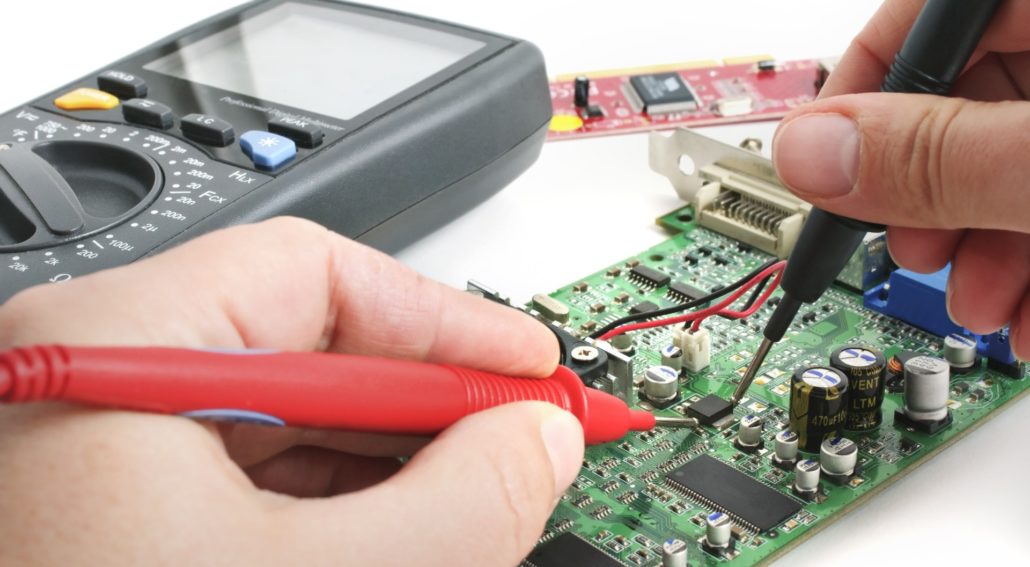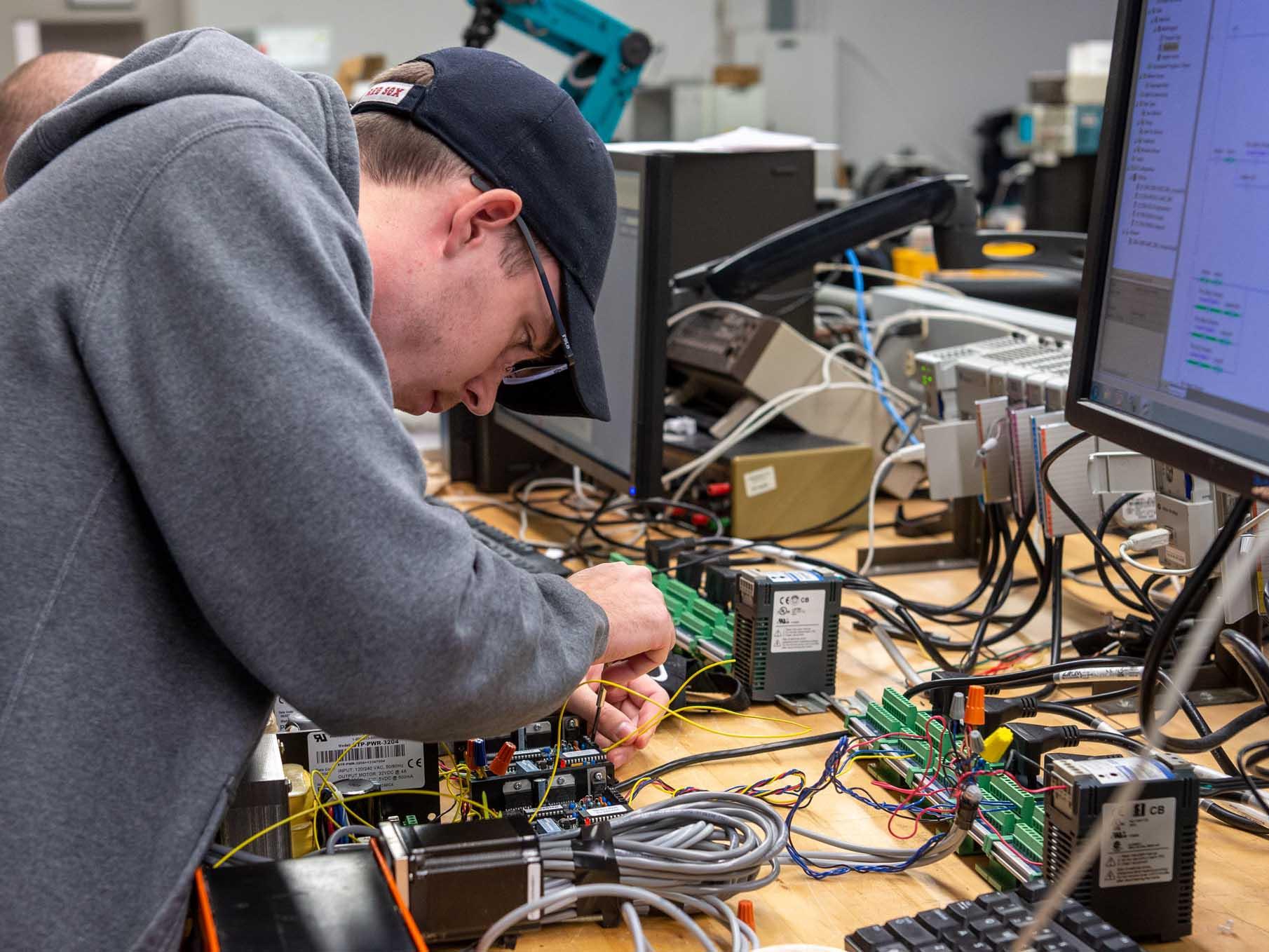In the realm of technology, the question Is a laptop an electronic machine? may seem like a no-brainer. However, the answer is not as straightforward as it appears. This article will delve into the intricate details of what constitutes an electronic machine, the role of laptops in this category, and the evolution of laptops as electronic machines.
An electronic machine is a device that uses electricity to perform various tasks. It incorporates electronic components such as resistors, capacitors, diodes, transistors, and integrated circuits to process information and execute commands. In this context, a laptop, with its complex circuitry and electrical components, is indeed an electronic machine. However, the classification of a laptop as an electronic machine extends beyond its basic components.
Laptops, like other electronic machines, operate on the principle of manipulating electrical charges to process and store information. The Central Processing Unit (CPU), the heart of a laptop, is a microprocessor that executes instructions using binary code, a language consisting of ones and zeros. This binary code is represented electronically by high (1) and low (0) voltage states. The CPU interprets and performs these instructions, enabling the laptop to function.
Moreover, laptops also incorporate various input and output devices, another characteristic of electronic machines. The keyboard and mouse serve as input devices, allowing users to interact with the laptop. The screen, speakers, and printers are output devices, providing feedback to the user. These devices are electronically controlled, further cementing the laptop's status as an electronic machine.
However, the evolution of laptops has blurred the lines between electronic and digital machines. While all digital machines are electronic, not all electronic machines are digital. Digital machines use binary code to process information, while electronic machines may also process analog signals. Modern laptops are digital electronic machines, processing information in binary form but also capable of handling analog signals, such as those from microphones and other sensors.
The advent of quantum computing is set to redefine what we consider as an electronic machine. Quantum computers, including quantum laptops, operate on quantum bits or qubits, which unlike binary bits, can represent multiple states simultaneously. This technology is still in its nascent stages, but it promises to revolutionize the concept of electronic machines.
In conclusion, a laptop is not just an electronic machine; it is a marvel of modern technology that encapsulates the evolution of electronic machines. From its basic electronic components to its digital capabilities and potential quantum future, the laptop represents the epitome of electronic machines. As technology continues to evolve, the definition of an electronic machine will undoubtedly expand, and laptops will continue to be at the forefront of this evolution.



